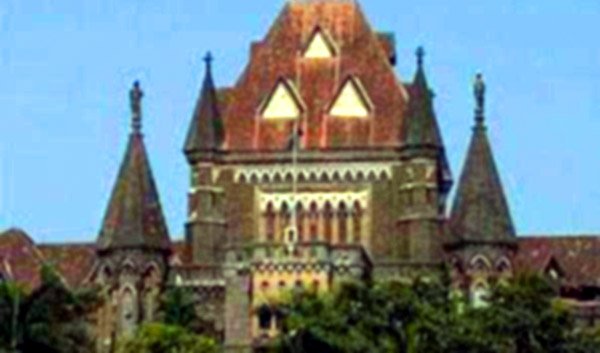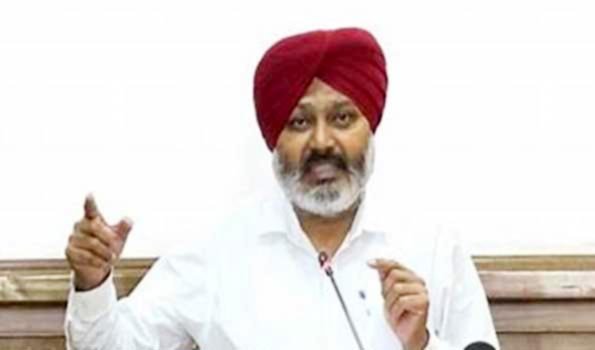Mumbai, Jan 21 (UNI) The Bombay High Court on Sunday dismissed a plea filed against the Maharashtra government’s decision to declare January 22 as a state holiday on the occasion of the consecration of the Ram Mandir at Ayodhya in Uttar Pradesh.
A special bench comprising Justices Girish Kulkarni and Neela Gokhale was constituted to urgently hear the plea before the ceremony in Ayodhya. The bench, in its order, said that “Plea (was) filed for extraneous reasons and (constitutes a) blatant abuse of process of law”.
The bench observed that the petition has political overtones. “It appears to be politically motivated and also a publicity interest petition,” it said.
The Maharashtra government issued a notification on January 19, declaring a state holiday on January 22.
A group of law students had moved on Saturday before the registry of the Bombay High Court seeking an urgent hearing of the plea.
The plea, filed by four law students, Shivangi Agarwal, Satyajeet Salve, Vedant Agarwal, and Khushi Bangia, contends that the government’s decision to declare a public holiday, keeping the ensuing parliamentary elections in mind, was a “gross abuse of power for political purposes.”.
They also challenged the notification issued by the Union Ministry of Home Affairs on May 8, 1968, that empowered the states to exercise powers under the Negotiable Instruments Act to declare public holidays.
As interim relief, they had sought a stay on the January 19 notification pending the hearing of their petition.
Consecration of a temple is an essential religious practice associated with Hinduism and therefore cannot be in any manner a concern of the government. Any steps taken by the government, including the declaration of a public holiday for celebrating the consecration of a Hindu temple, are nothing but an act of identifying with a particular religion, the plea contended.
“An act of the government in celebrating and openly participating in the consecration of a Hindu temple, thereby associating with a particular religion, is nothing but a direct attack on the principles of secularism,” the petitioner was told on the bench.











